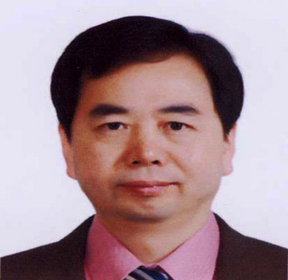
Michael Retsky
University College London, UKTitle: The perioperative window presents a long overlooked but important opportunity to prevent relapses in breast and other cancers
Abstract:
My colleagues and I have been studying an anomalous relapse pattern in breast cancer. This project started in 1993 when data from Italy and UK showed that 50 to 80% of all relapses in patients treated only with surgery occurred in an early wave of relapses in the first 3 years post-surgery. We proposed a reasonable explanation. It appears that the surgery to remove a primary tumor causes systemic inflammation for a week. During that time, dormant single malignant cells and avascular deposits escape from dormancy and appear as relapses within 3 years. The multi-national authors of our reports include medical oncologists, surgeons, anaesthesiologists, physicists, and other scientists from several fields. A potential solution seems to exist based on our analysis. That therapy is the common inexpensive analgesic ketorolac administered as iv at the time of surgery and perhaps as oral drug for a few days after surgery. We edited a book and published a number of papers including one recently (1). Two animal models support our findings (2,3). Another paper suggests a way to prevent some late relapses (4) and a second retrospective clinical trial was reported (5).
Biography:
Michael Retsky received PhD in experimental physics from University of Chicago in 1974. While working at Hewlett-Packard in Colorado Springs in 1982, a friend started an informal cancer research project since his wife was being treated for cancer. Over the next years, Retsky made a career change into cancer research. His first paper in oncology (Cancer Research 1984) predicted that tumor growth included periods of dormancy. He eventually became Prof of Biology at Univ of Colorado and later on staff of Judah Folkman at Harvard.
Retsky was diagnosed with Stage IIIc colon cancer in 1994. Based on his knowledge of tumor kinetics he used low-dose, long-term chemotherapy instead of maximum tolerated chemotherapy.
